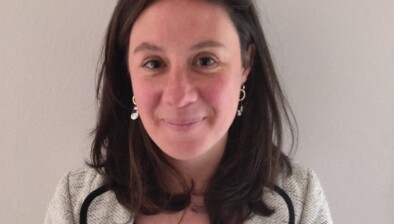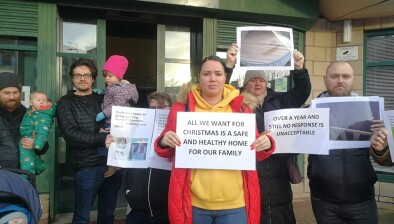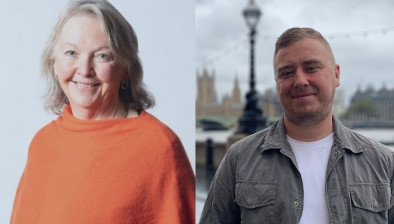City of Edinburgh Council refused appeal against decision it failed in duties towards diabetic homeless man

An appeal by a local authority against a decision that it had failed in its duties owed to a homeless man who was refused local authority assistance after making an application under section 28 of the Housing (Scotland) Act 1987 has been refused by the Inner House of the Court of Session.
The reclaiming motion was raised by the City of Edinburgh Council after petitioner Abdelwahab Dafaalla, who suffered from Type 2 diabetes, submitted a petition for judicial review of its decision to refuse a 2020 application for temporary accommodation.
The appeal was heard by the Lord Justice Clerk, Lady Dorrian, together with Lord Turnbull and Lady Wise. McNeil QC appeared for the reclaimer and M Ross QC appeared for the petitioner and respondent.
Obliged to make enquiries
In May 2015 the petitioner, who lived with his wife and six children, applied to the council for accommodation and assistance. In addition to Type 2 diabetes, he suffered from functional dyspepsia and osteoarthritis in the left knee. His application was accepted by the council, and he was provided with temporary accommodation.
During the course of 2016 the council made a decision that he was homeless and became subject to a duty to secure accommodation for him and his family. After two offers of permanent accommodation were refused by the petitioner, the council evicted him and his family from their temporary premises on 16 January 2020.
On 24 March 2020 agents for the petitioner made a new application for assistance under section 28 of the 1987 Act for temporary accommodation. The basis of the application was the petitioner’s medical condition, which had the additional effect of putting him at increased risk of catching coronavirus. On 26 March the council refused the application on the basis that it did not consider the contents of the 24 March email to be relevant to Mr Dafaalla’s homelessness status.
The Lord Ordinary concluded that the council had failed in its section 28 duties on the basis that it was required to conduct inquiries if it was not satisfied that the fresh application was made on exactly the same terms as the original. That could not be said in this case, and thus the council had been obliged to carry out enquiries.
Counsel for the reclaimer submitted that, while there was no dispute that the petitioner was homeless, it had already performed its duty by virtue of the rejected offers of permanent accommodation. The new matter of the pandemic did not affect the petitioner’s homelessness status and did not give rise to a further duty of inquiry under section 28.
Bizarre consequence
Lady Dorrian, delivering the opinion of the court, began: “[The Council’s] arguments have a deceptive simplicity, but only if section 28(1) were to be considered in total isolation not only from preceding and succeeding sections of the Act, but from section 28(2). We are satisfied that when section 28(1) is considered in its proper context, the Council’s argument is not correct. We do not accept that it is appropriate to interpret the duty under section 28(1) in such a narrow and constrained way.”
She explained further: “The duty to make such inquiries as are necessary to satisfy itself whether the individual is homeless (or threatened with homelessness) must be interpreted in light of the definition of homelessness contained in section 24. That provides that a person is not to be treated as having accommodation unless it is accommodation which it would be reasonable for him to continue to occupy. It also provides that a person is not to be treated as having accommodation if certain other factors exist such as a risk of abuse or overcrowding. These provisions alone suggest that the nature of inquiries to be made under section 28(1) must have a circumstantial element to them.”
Considering the circumstances in which inquiries must be made, Lady Dorrian said: “The submissions for the Council were that the new circumstances had no bearing on the status of homelessness, the nature and causes of which remained unchanged. The only circumstances in which such an individual could make a subsequent application would be where they had accepted the original offer and were now again threatened with homelessness because the accepted accommodation was no longer suitable. We decline to accept an interpretation of the Act that would have such a consequence.”
She continued: “As senior counsel for the petitioner submitted, it would be a bizarre consequence of the removal of a requirement to establish priority need, intended to widen the scope of those to whom assistance would be provided, had in fact the opposite effect. If the duty under section 28(1) were to be interpreted more broadly, such a problem would not arise.”
Lady Dorrian concluded: “The nature of inquiry will generally not be onerous, and the situation will in most such cases swiftly arise when it may properly be stated that despite attempts to suggest otherwise the subsequent application is in reality made on the same basis as a previous one.”
The reclaiming motion was therefore refused.







